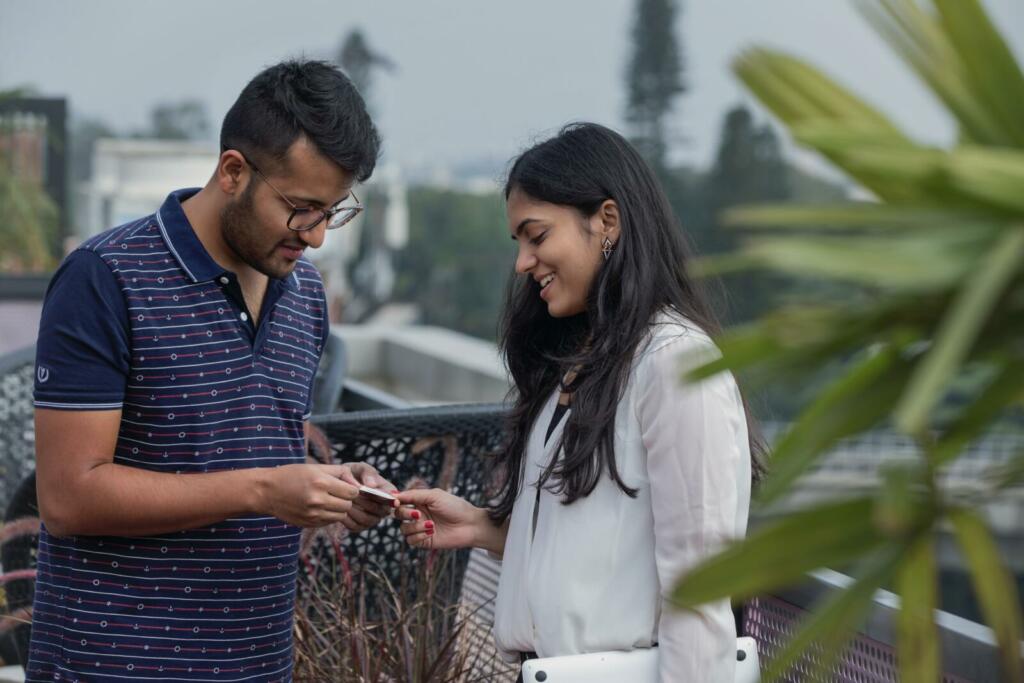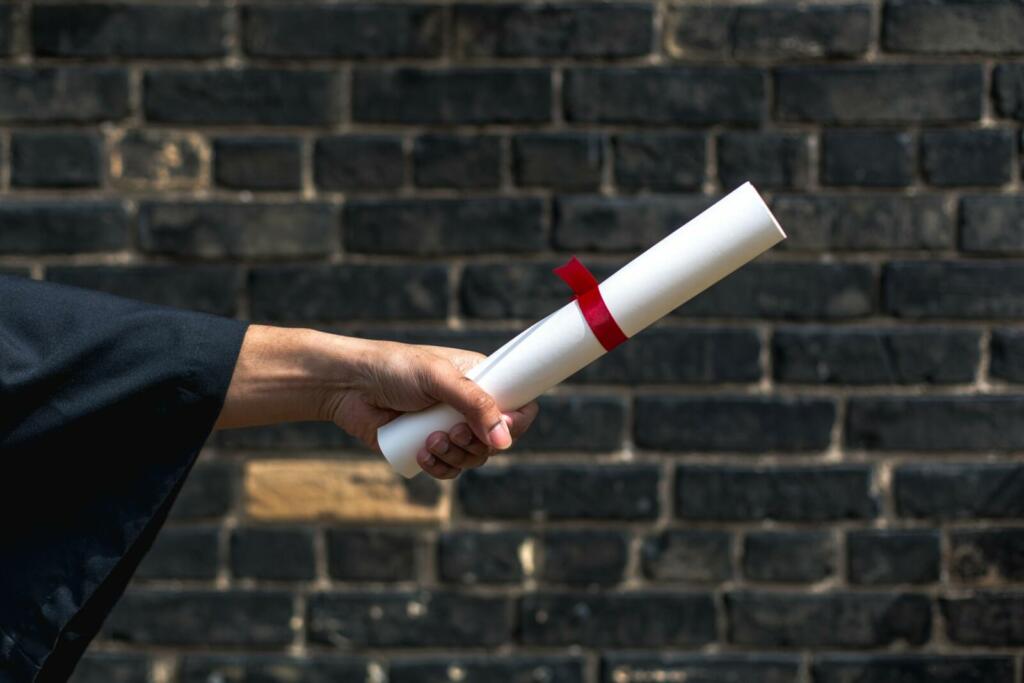In the UK, a specialist public health practice is a medical discipline, where you join a parallel specialist register. You can train also train as a consultant in public health, from a non-medical background. However, this is my journey into public health practice – through the medical discipline.
I went into medicine because I wanted to help people and thought it would be a career where I would never be bored. Medicine in the UK is an undergraduate degree, so I signed up to this career path at age 16. At my interview I think I said I wanted to be a paediatric oncologist, and through much of my medical degree that remained the ambition. But, as I moved into the reality of medicine, things changed.
The first year after qualifying as a doctor is perhaps the most powerful experience of your life, it is chaotic, demanding and shows you the full diversity of life – often at its worst and most distressed. I spent my year rotating through gastroenterology, general medicine, care of the elderly and general surgery. I saw many people die, I saw fewer get truly well and I saw a lot of people patched up and bounced out into communities that didn’t really have the capacity or desire to support them.
So, when it came time to specialise, my direction of travel had changed a little and I was looking towards family medicine. And so, I applied successfully to join the general practice vocational training programme. Over two years, I rotated through obstetrics and gynaecology, paediatrics and accident and emergency medicine, while also doing inset days in general practice in the community.
It was during these two years that I started to fall down.
There were parts I totally loved. I enjoyed obstetrics and paediatrics a lot, as I am good with children, and especially good with complex cases and palliative care.
But….and it’s a big but…when children who I knew died I was wrecked and I carried the experience with me. So, that ruled out the life ambition for good – a bit like finding out at astronaut school that you get dizzy at heights!
I enjoyed general practice a lot but often I saw a rotating wheel of patients whose health issues were secondary to the poor circumstances of their lives. Unemployment, domestic violence, damaging housing, job insecurity, crippling debt, isolation and loneliness – all underpinned poor mental and physical health. For many patients, in the limited ten minutes of a consultation, there was little I could really do to help them change the course of their lives.
Then, I moved to an accident and emergency rotation, where I was falling down yet again, but this time I was broken completely. Emergency medicine is the definition of conveyor belt medicine; patients come in and are either patched and discharged, or diagnosed and admitted. The aim is to move them on as quickly and efficiently as possible. All you see is people in distress and pain, you work a full rotational shift pattern, and in a business department, there is rarely mentorship or psychological support until you are at crisis point.
During the six months in this rotation, I became increasingly unwell (it turned out I had crohn’s disease although it wasn’t diagnosed until sometime later), and when I was assaulted by a female patient, the response of ‘just man up’ wasn’t the support I needed.
Fortunately, at that time there was a Dean who supported doctors in difficulty. Working with him, and with the Doctors for Doctors service (now the BMA Doctors Counselling Service), I shifted to work part time, and moved my rotation to public health medicine where life started to get better.
My rotation was in Lewisham, a relatively deprived borough in South London, and it was just what I needed. The job was 9 to 5, Monday to Friday, in a multi-disciplinary team of professionals who cared about trying to achieve sustainable change. Over the rotation, with their support and guidance, I rediscovered my joy in medicine and rebalanced my health and wellbeing.
So three months in, the opportunity came to apply for the formal higher specialist training scheme in public health medicine, for a six year journey to becoming a consultant. At the time, for each place on the scheme, there were 200 to 300 applicants. In my cohort, less than 20 people were appointed, and I was really lucky to have made the grade.
Over the next six years, I completed a part-time masters in public health at St.George’s medical school and rotated through local and regional government public health placements and spent time with the local health protection teams as well. I enjoyed working on some great projects like planning the non-health business response to pandemic flu for London and working on a learning comparison between public health systems for the elderly in England and Japan.
My final rotation on the training schedule took me to Barking and Dagenham, a very deprived outer London borough that was going through significant change. In the space of five years, the ethnic demographic of the borough had rapidly changed, so much so that the caseload of patients with sickle cell disease tripled within a couple of years. It was in local government public health that I really found my public health feet.
Local governments create the foundation for a healthy and prosperous life. Their approach to urban planning and transport infrastructure shapes our daily lives; their economic regeneration and education and skills approach shape job density and security; their approach to social care supports us when we need it most. Ultimately, they shape most of the wider determinants of health in a way that clinical medicine can never achieve.
So, when I finished my higher specialist training in Public Health medicine I applied for my first consultant role in Barking and Dagenham and started the next phase of my career.
Public health medicine came into my life when I was at a serious low, my mental and physical health were burnt out and I had lost my vocational love of medicine. Public health gave me an opportunity to not just make a difference today, but to make a difference that could, and would, make a difference for generations to come. It gave me opportunities to get upstream of those heart sink health issues and dig into the underpinning wider determinants of health at scale and pace.
Although in many ways I fell into public health, and at the time the falling was painful, distressing, and there were days when I didn’t think I could go on, the outcome has been a career that has helped me be a better person and find balance in my life while also, I hope, helping the world to become a more balanced place for others.






